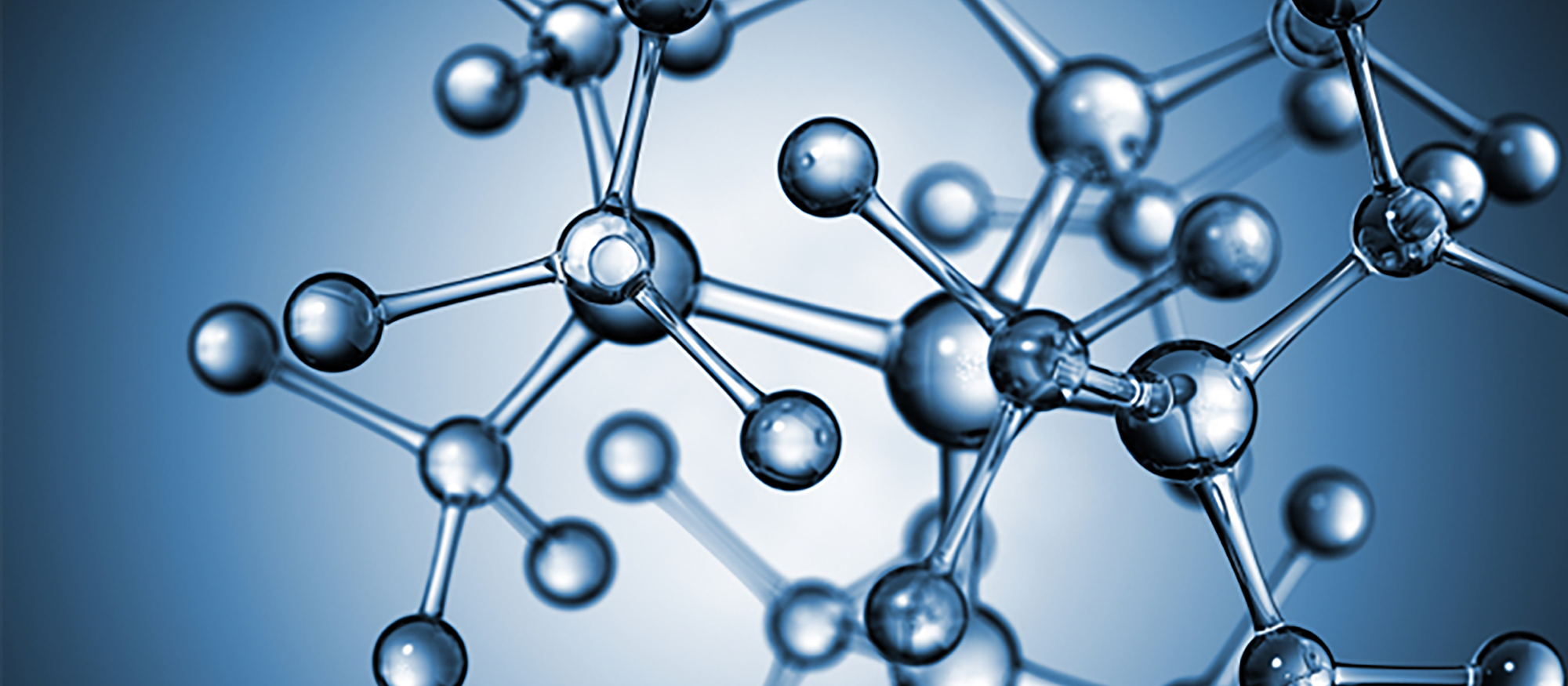

Propane is a widely used fuel source known for its versatility, efficiency, and clean-burning properties. Whether it's powering your home heating system, fueling your backyard grill, or running your RV appliances, propane is a reliable energy source with a broad range of applications. But have you ever wondered what makes propane so effective and why it's considered one of the most efficient fuels available? In this article, we'll dive into the science behind propane, exploring how it works and why it's an excellent choice for energy-conscious consumers.
What is Propane?
Propane, or liquefied petroleum gas (LPG), is a hydrocarbon gas that naturally exists in oil and natural gas fields. It is produced as a byproduct of natural gas processing and crude oil refining. Propane is part of a group of liquefied gases, including butane and ethane, which are often stored and transported as liquids under pressure but vaporize into gas when released. Learn more about propane and its history on our blog, The History of Propane: From Invention to Modern Use.
How Propane is Processed and Stored
The process of obtaining propane begins with the extraction of natural gas or crude oil. Once extracted, propane is separated from other hydrocarbons during refining or natural gas processing. The propane is then pressurized and stored in liquid form, making it easy to transport and store.
- Storage: Propane is stored in specially designed tanks and cylinders. Because it’s stored under pressure, propane remains liquid until it’s released for use, where it quickly vaporizes into a gas.
- Transportation: Due to its liquid state under pressure, propane is highly portable and can be delivered to homes, businesses, and industrial sites.
The Combustion Process: How Propane Works
The magic of propane lies in its combustion process. When burned, propane reacts with oxygen in the air to produce heat, water vapor, and carbon dioxide. The chemical equation for propane combustion is:
C₃H₈ + 5O₂ → 3CO₂ + 4H₂O + heat
Here’s what happens during this process:
- Ignition: When propane is ignited, the chemical bonds between its hydrogen and carbon atoms are broken, releasing energy in the form of heat.
- Heat Production: The heat generated during combustion is used to power appliances, heat homes, cook food, and more. Propane's high energy content means it produces significant heat relative to its volume.
- Clean Combustion: Propane burns cleanly, producing less pollutants than other fossil fuels. The primary byproducts are carbon dioxide and water vapor, with negligible amounts of carbon monoxide and particulate matter.
Why Propane is So Efficient
Propane’s efficiency is one of the key reasons it’s so popular. Here’s what makes it stand out:
- High Energy Content: Propane has a high energy density, meaning it contains a lot of energy per unit of volume. One gallon of propane contains approximately 91,500 BTUs (British Thermal Units), making it an extremely potent energy source.
- Complete Combustion: Propane burns almost completely, which means that nearly all the energy stored in the fuel is converted into usable heat. This results in less waste and higher efficiency compared to other fuels.
- Versatility and Control: Propane can be used in a variety of applications, from heating homes to fueling engines. It also allows for precise control of heat output, making it ideal for cooking and other uses where temperature regulation is crucial.
- Minimal Heat Loss: Unlike some other fuels, propane doesn’t lose a significant amount of energy during transportation or storage. This means more of the energy you pay for is available for use.
Environmental Benefits of Propane
Propane is not only efficient but also environmentally friendly. Here’s how propane contributes to a greener planet:
- Low Carbon Emissions: Propane produces fewer carbon emissions than gasoline, diesel, and other fossil fuels. It emits about 12% less CO₂ than oil and 50% less than coal.
- Non-Toxic and Non-Poisonous: Propane is non-toxic and non-poisonous, meaning it won’t contaminate soil or water if a leak occurs. This makes it a safer option for the environment compared to other fuels.
- Reduced Greenhouse Gas Emissions: By burning cleaner than other fossil fuels, propane helps reduce greenhouse gas emissions, contributing to efforts to combat climate change.
Common Uses of Propane
Propane's efficiency and clean-burning properties make it suitable for a wide range of applications:
- Home Heating: Propane is used in furnaces, boilers, and space heaters to provide efficient and reliable home heating.
- Cooking: Many stoves, ovens, and grills use propane because it offers precise temperature control and even heat distribution.
- Water Heating: Propane water heaters are known for their quick recovery times and energy efficiency.
- Transportation: Propane is used as an alternative fuel for vehicles, reducing greenhouse gas emissions compared to gasoline or diesel.
- Outdoor Living: Propane powers outdoor heaters, fire pits, and grills, making it a favorite for outdoor activities.
Conclusion
Propane is a powerhouse fuel that combines efficiency, versatility, and environmental benefits. Understanding the science behind propane reveals why it’s such a reliable energy source for so many applications. Whether heating your home, firing up the grill, or running your RV, propane provides a clean, efficient, and safe solution that’s hard to beat. By choosing propane, you’re not only opting for a fuel that works well—you’re also making a choice that’s better for the planet. To learn more about propane, go to Tankfarm.io today.















